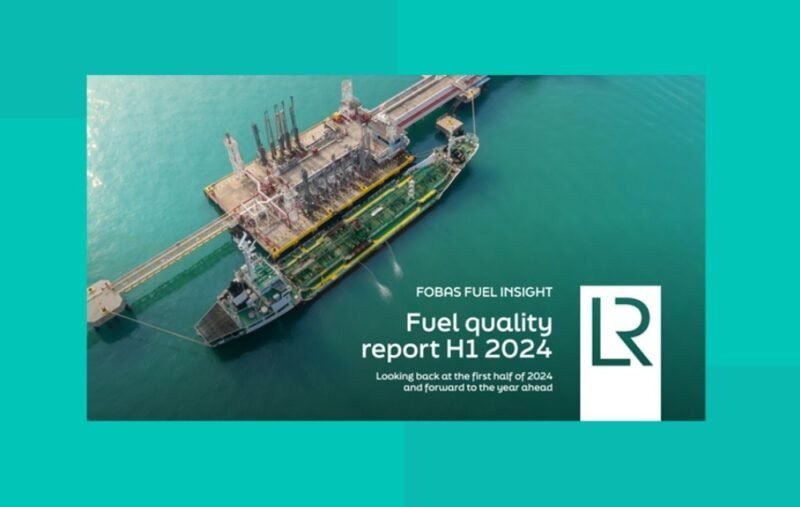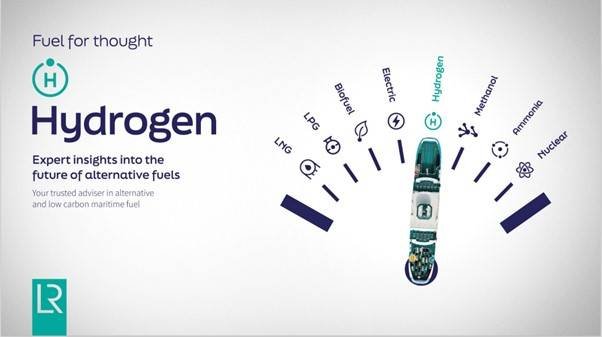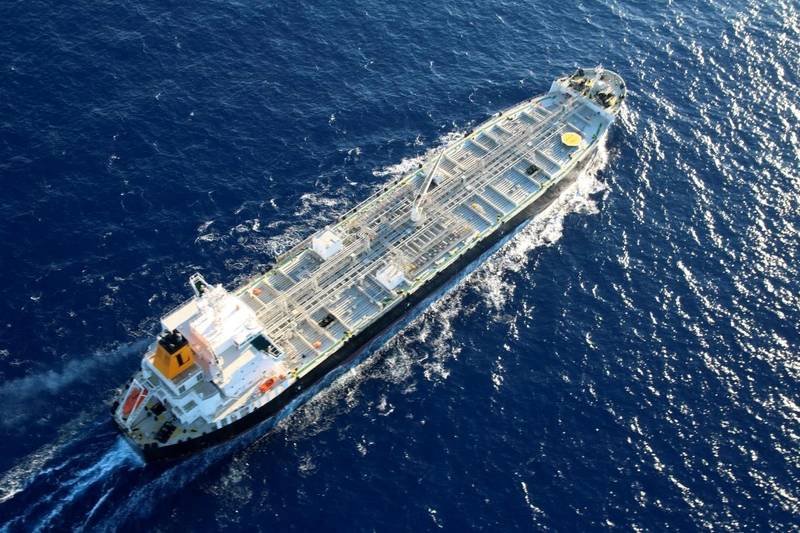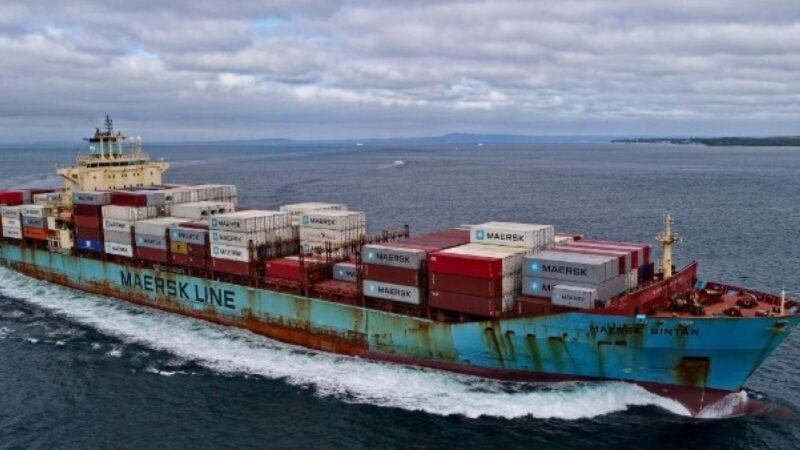The maritime industry continues to face a critical issue with fuel quality, as highlighted in Lloyd’s Register’s Fuel Quality Report 2024. This report provides essential insights into the changing landscape of marine fuel quality and its impact on the industry. Ongoing concerns surrounding fuel quality remain a significant factor and expense for maritime operations, underscoring the importance of addressing this issue.
Lloyd’s Register emphasizes the need for the maritime industry to prioritize fuel quality to ensure safe and efficient operations. The report underscores the evolving nature of marine fuel quality and the implications it has on the industry. With fuel quality being a critical factor and a substantial expense, it is essential for stakeholders to stay informed and proactive in managing this aspect of their operations.
The report serves as a valuable resource for industry professionals, offering detailed information on the current state of fuel quality and its implications. By staying updated on the latest trends and challenges in this area, maritime companies can better navigate the complexities of fuel quality management. Addressing fuel quality issues is crucial for ensuring the sustainability and efficiency of maritime operations in the long run.
Overall, the Lloyd’s Register Fuel Quality Report 2024 sheds light on the importance of fuel quality in the maritime industry and the need for proactive measures to address this critical issue. By staying informed and taking necessary actions to maintain high fuel quality standards, companies can enhance their operational efficiency and safety while reducing potential risks and expenses associated with poor fuel quality.
Share it now


















